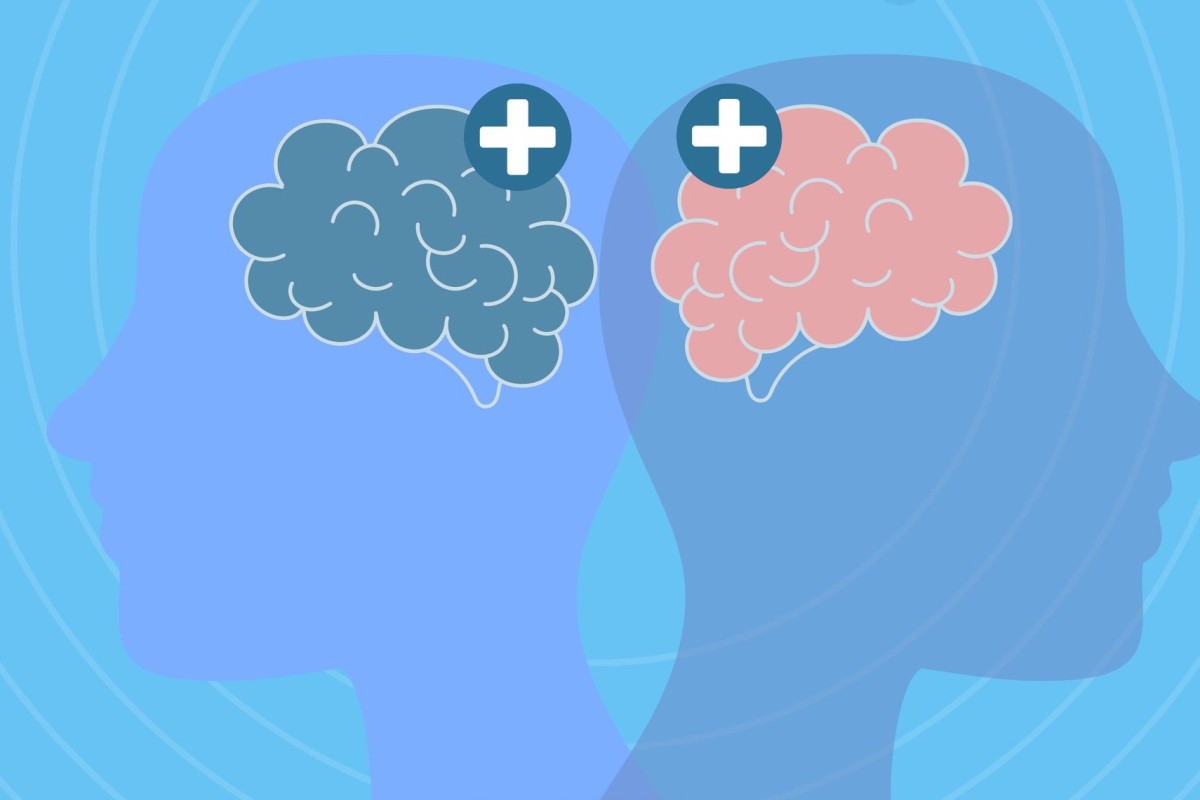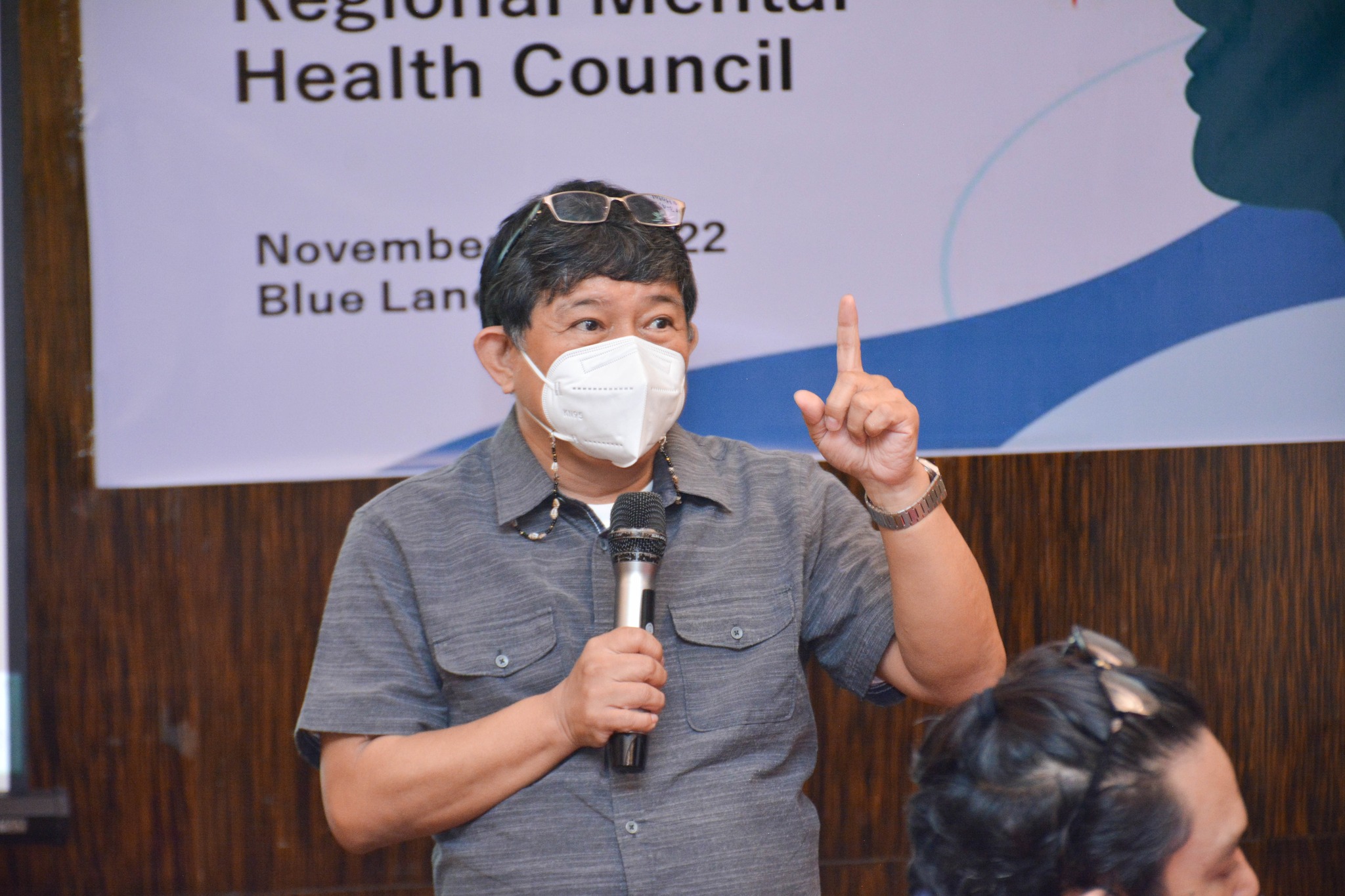CALAMBA CITY, Laguna (PIA) -- The Department of Health (DOH) has launched its Mental Health Strategic Plan 2024-2028, as part of its bid to promote mental health literacy and address the stigma in seeking professional help.
The Mental Health Strategic Plan is a five-year framework in reducing premature mortality, prevent and treat substance abuse, and reduce the vulnerability of individuals and communities to mental, neurological, and substance use disorders.
According to DOH, the plan will deinstitutionalize mental health care by easing access to support services in the communities with its collaboration with the Quirino Memorial Medical Center.
“In Calabarzon, many have already adopted the community-based approach on mental health. Municipal and City Health Officers who were already trained are helping diagnose patients,” Geneva Calanog, Mental Health Program Outcome Manager of DOH Calabarzon said.

Calanog further explains, “It’s either sila mismo ‘yung tumitingin sa pasyente or minsan bumababa kami na may kasamang psychiatrist from the Quirino Memorial Medical Center and the National Center for Mental Health para mag-supervise. Kasi minsan, kahit trained ka na mayroon pa ring mga agam-agam to diagnose whether this is really a mental health situation.”
To further capacitate health workers in addressing the mental health gap in the region, the DOH said they will also conduct post training supervision in the community.
“[Starting] the first quarter next year, we will conduct post training supervision to see if the Municipal Health Officers are practicing the mental health gap. We also need the masterlist of patients for the allocation of psychotropic drugs.”
Calanog believes that although mental, neurological, and substance abuse literacy among the general public is improving, patients are still hesitant to seek professional health due to stigma.
“They are ashamed to seek professional help, in fear that they will be judged. Although times have changed, and mental health is freely discussed, stigma [on the issue] still exists.” Calanog said.
Health institutions have reported around 2,015 cases of mental health disorders in the region, with Laguna Province recording the highest number of reported cases with 764, followed by the provinces of Quezon (509), Cavite (278), Batangas (243), and Rizal (222). (PB)




